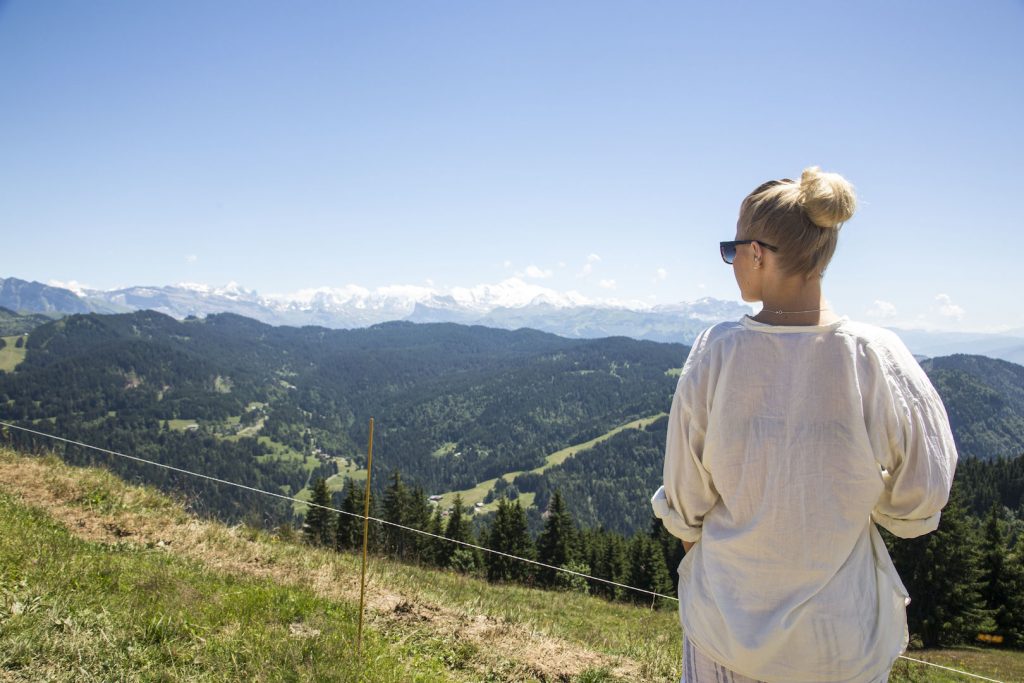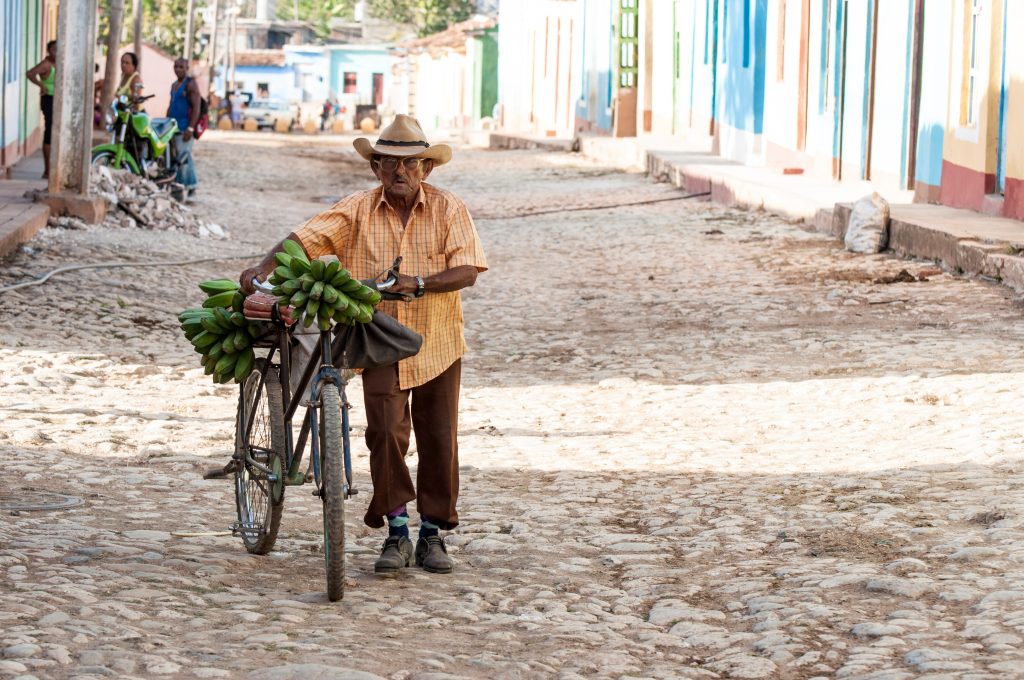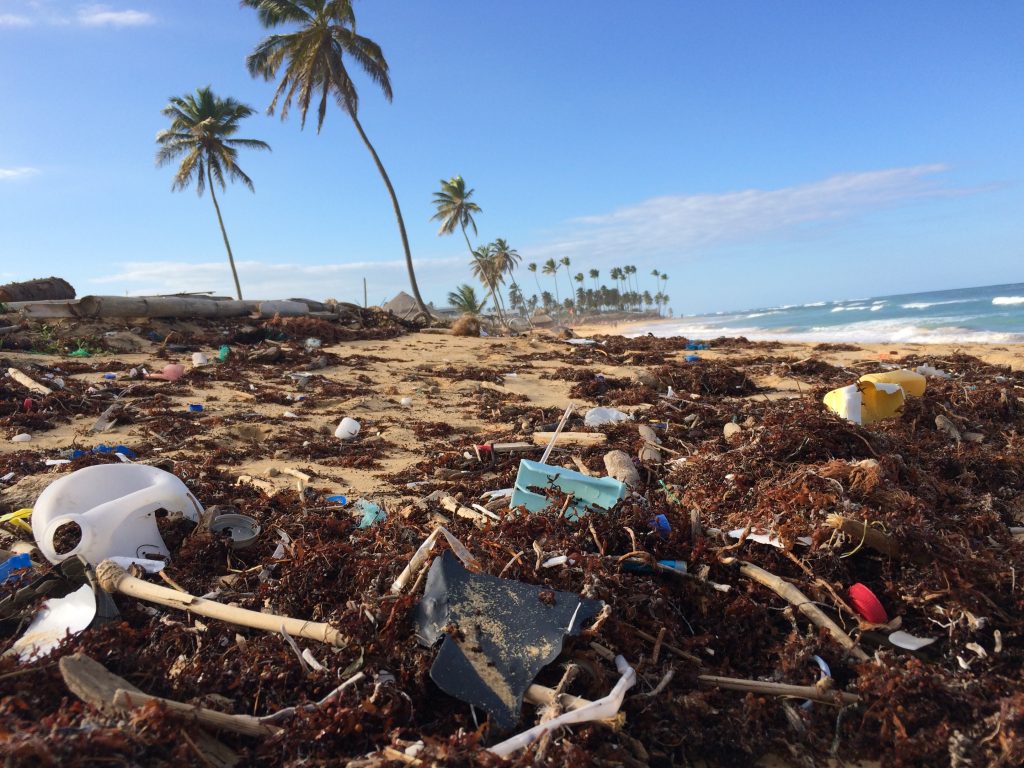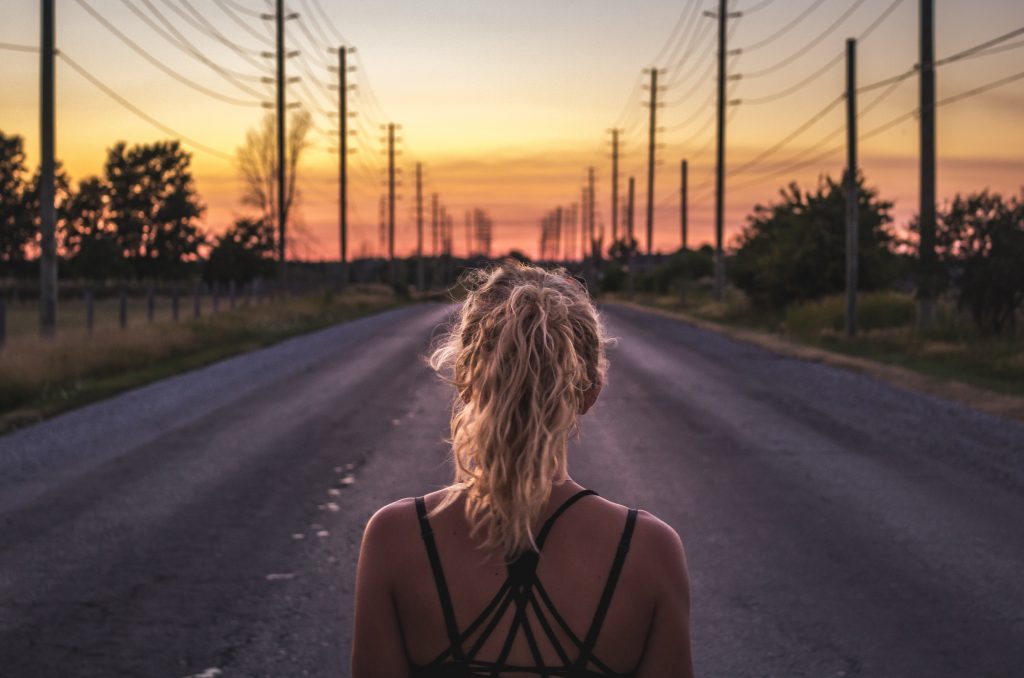The tourism industry can sadly enough be considered a contributor to the climate change issues we’re currently experiencing. But with an increasing number of people traveling worldwide, the sector is also growing day by day. So what’s the solution? Can we, as travelers, do anything to reduce our carbon footprint at all? In this post, I’m trying to uncover how we as travelers can contribute to a better global health by looking at ‘low-carbon tourism’.
The signs
We can no longer escape it, the truth. The words ‘climate change’ may have been used so frequently in the past decade that you don’t even pay attention to it anymore. Life goes on and unless you’re working closely in or with nature, chances are that you’re not observing these changes firsthand. You might not even feel them the slightest bit. That’s how I felt for a long time, until I began talking to locals on my recent trips to e.g. Greece, Spain and Morocco. Some of them were farmers and others were just minding their own businesses, so to speak, but always involved with nature in one way or another. The locals told me they could feel the earth changing and the climate, too. There seemed to be no fish in the ocean anymore, nor fertile crops to cultivate. It was noticeably warmer and the weather was more extreme than in the decades before. When I watched the news (whether it was a local TV channel or big networks like CNN or BBC News) I was made aware of the same discouraging fact: the climate was changing, but not for the better. See, endless summer days and hotter temperatures all year round might sound like a dream (especially if you’re from a rather cold country like I am), but it has severe consequences - and that’s just one side of the coin. Extreme weather conditions like severe rainfall and epic storms are also signs of changing global weather conditions, but these seem to fade in comparison to the global fear of global warming.
After a summer so warm I literally can’t remember anything like it (we’re talking +30 degrees Celsius and no rain what so ever for months in a row - in Germany and in Denmark!), I was finally convinced. This isn’t just ‘someday in the future’. This is now.
So, I decided to dive a bit deeper into the subject of climate change myself, and this article is the result of my research. By all means, I am no scientist nor a saint, but I do have a responsibility of taking matters in to my own hands (as do you) when the world is facing a situation this alarming. I hope this post will make you more aware of how traveling is directly linked to climate change - and perhaps even inspire you to become a more conscious traveler. Cause let’s face it; tourism won’t stop expanding. People from privileged societies won’t stop traveling. The least we can do is to play our parts, which are never insignificant. Small steps become big if many people take them together.

Fly a little less
This year, I’ve embarked on significantly less airplanes than the years before due to the birth of my son. I simply haven’t been able to travel much, and looking back while writing this article, it actually feels good. I know a travel schedule for one single person can’t save the planet, but it can impact my surroundings and cause a ripple effect. OK, I do feel the wanderlust creeping up my sleeve, cause I LOVE to travel, but some sacrifices are worth making. And traveling is so much more than embarking on dozens of flights, right?
To be fair, the activity, which is causing MOST of the problems we’re witnessing now, is the burning of fossil fuels like coal and oil, and this has completely spiralled in the past 50 years. Aviation is a rather small industry, but it has quite a big impact on climate changes caused by humans. To be specific: up to 9%. It might not be convenient, but we can all challenge our use of air travel - especially at night, since studies have shown that night flights have the strongest warming impact. Try using a different mode of transportation; it’s usually possible if you plan ahead and it’s often cheaper. Even driving, sailing and taking the train are more profitable solutions in this connection. If you must fly, choose a direct flight (no stop-overs) or fly to a destination close to you. One can only hope for carbon-neutral airplanes in the near future…
Did you know? There are currently investigations going on in parts of the aviation industry to uncover the benefits of climate-optimized flight routes.

Spend more time in nature
Perhaps you don’t consider yourself an “outdoor person”, but the benefits of connecting to nature when you’re traveling, or at any other time, are plenty! Apart from you experiencing pure relaxation and inner peace (yes, that’s what nature does!), taking advantage of your destinations natural attractions (by snorkeling, swimming, hiking, mountain biking etc.), will reduce your carbon footprint. Think more natural options and less machine-operated activities.

Support local life
This applies not only when you travel, but also in daily life. Supporting local shops, produce and products in general, help save local communities and culture, which is in danger of getting swallowed by globalization. It also has a positive effect on the environment due to reduced transportation costs and less waste from production etc. If a rich travel experience is what you’re craving, you’ll definitely get it by immersing in local life, no matter where you’re traveling to.
For a traveler, supporting local life could be buying products from the local farmer (if possible) or grocery shop on the corner instead of the super market chain. It could also be in the shape of having breakfast, lunch or dinner at smaller, independently owned restaurants instead of larger, touristic (chain)restaurants. Lastly, checking in to a hotel supporting the environment, using local produce and hiring local staff has a great impact as well! And that brings me to the next point:

Stay in a sustainable hotel/accommodation
Did you know that within travel, accommodation constitutes 20% of carbon emissions? It does, and that’s why choosing the right hotel (or the wrong one!) may have a significant impact on your own personal footprint. It thrills my heart to see that more and more eco-certified and sustainable hotels are being launched all over the world - and it isn’t only small B&B’s; grand luxury hotels and resorts are following the trend, too. Look out for eco labels next time you’re booking a hotel, ask your tour operator for a green alternative - or check out this cool website, BookDifferent.com, which shows the carbon footprint of a wide range of hotels.
In order to be fully sustainable, a hotel must live up to certain criteria. I’ll write a separate post about this soon - in the mean time, you can check out some of the world’s most sustainable hotel brands right here.

A no-brainer: use less plastic!
You already know this, but it can’t be stressed enough: plastic is polluting the environment like never before! Over the course of the last 10 years, we have produced more plastic than during the whole of the last century (source: EcoWatch) and 50% of the plastic we use, we use only once and throw away!
“So how is this linked to climate change?” you might wonder. Well, the more plastic we pour into the oceans, the more we disrupt the eco system (eco system = a complete environment in nature including all living organisms and non-living components such as air, minerals and water = our entire world).
Our eco system and climate is inevitably connected and always has been. But by using such huge amounts of plastic as we humans do, we’re only speeding up the process of climate change.
What you can do:
- Stop using plastic bottles - swop them for glass or metal bottles.
- Stop using plastic bags - swop them for cloth bags or recycled paper bags.
- Start using as many re-usable objects in your everyday life as possible (lunch boxes, straws, coffee cups etc.)
- Volunteer to clean up at your local beach (and save the animals from eating the plastic particles!)
- Spread the word to your family, friends and network in general. Share this post or similar ones.

Walk, bike and use local transportation
Even though driving is actually less polluting than flying, it’s still better to skip fuelled transportation completely whenever possible (and it’s usually possible during travels). Walking, running, riding, biking, jumping on a local tuk tuk or horseback riding - whatever you choose to do, your carbon footprint will thank you for it.

Tip! Try WWF’s Carboon Footprint Calculator to measure your environmental footprint.

